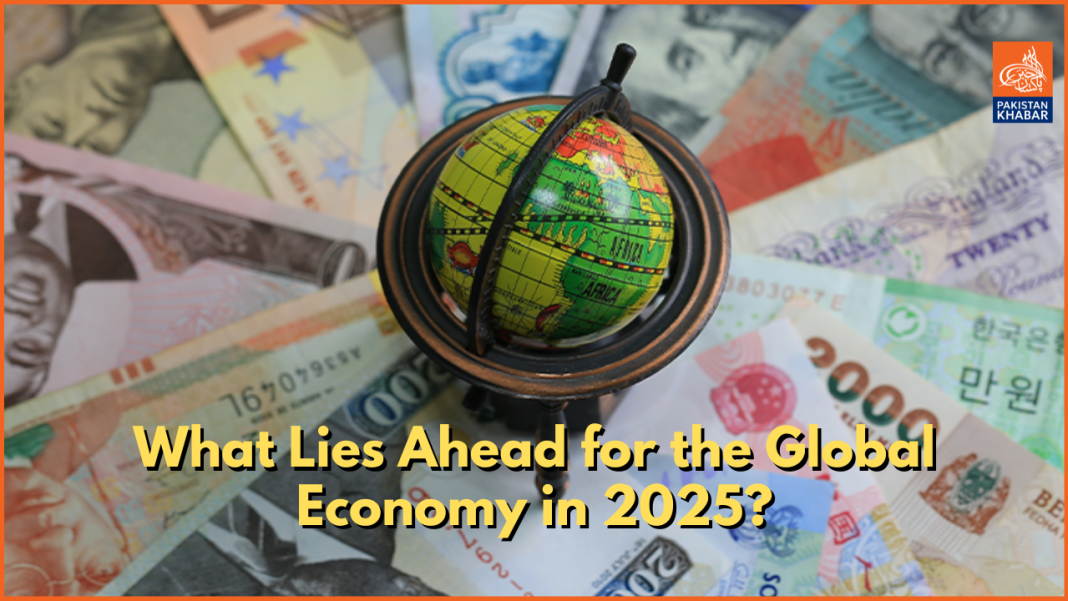As the global economy began recovering from the lingering effects of the Covid-19 pandemic, a new set of hurdles has emerged, casting a shadow over economic prospects for 2025. In 2024, central banks around the world started reducing interest rates after successfully curbing inflation without triggering a global recession. Stock markets in the United States and Europe saw significant gains, with Forbes reporting a “banner year for the mega-wealthy” as 141 new billionaires joined the list of the ultra-rich.
However, this seemingly positive trend has not translated into widespread satisfaction among voters. In a year of crucial elections, citizens in countries such as India, South Africa, the United States, and throughout Europe expressed their discontent with the economic challenges they face. Rising living costs, exacerbated by post-pandemic price increases, have left many feeling the pinch.
Looking ahead to 2025, the situation could become more difficult. A potential trade war, particularly if former President Donald Trump reintroduces tariffs on imports, could reignite inflation and further slow global growth. Unemployment, currently at near-historic lows, may also see an uptick.
Additionally, ongoing geopolitical conflicts, including the war in Ukraine and instability in the Middle East, along with concerns over China’s economic outlook, add further uncertainty. Climate change, too, has emerged as a significant concern, as nations grapple with the costs of environmental damage.
The World Bank warns that many of the world’s poorest countries are in the worst economic position in two decades, having missed out on post-pandemic recovery. Meanwhile, wealthier nations must address growing public dissatisfaction over declining purchasing power and living standards, which could fuel the rise of extremist political movements.
Governments, already burdened with post-Covid fiscal pressures, must balance new spending priorities, such as climate change mitigation, defense, and support for aging populations. The key to navigating these challenges will be ensuring economic stability, as failure to do so could lead to a global financial crisis.
With 2025 shaping up to be a year filled with uncertainty, the global economy’s ability to overcome these challenges will depend on how well governments manage economic risks and secure long-term stability for their populations.




